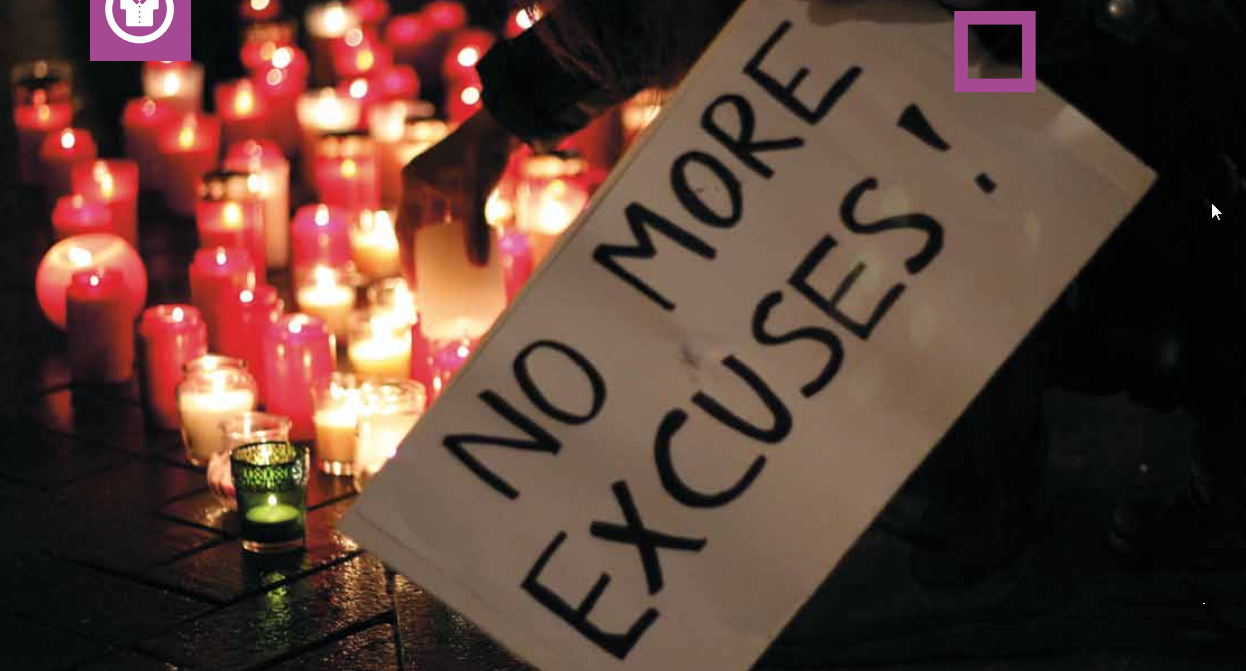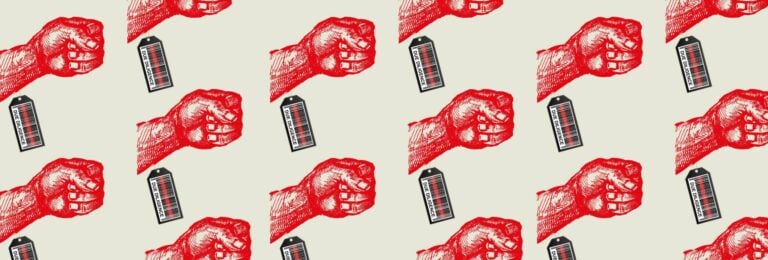
Companies’ blind faith in failed auditing model resulted in more than 400 deaths
On the eve of a Dutch governmental mission to Bangladesh, the Centre for Research on Multinational Corporations (SOMO) and the Clean Clothes Campaign (CCC) have published a report analysing two recent factory fires in the export-oriented garment industry in Bangladesh and Pakistan in which more than 400 lives were lost.
‘Fatal fashion’ is an urgent call upon governments, suppliers, brands, retailers, audit firms and certification bodies for a fundamental game-change to protect and respect workers’ rights.
Factory fires in clothing manufacturers in Pakistan and Bangladesh
‘Fatal fashion’ describes two recent factory fires ravaging the facilities of clothing manufacturers in Pakistan and Bangladesh. In September 2012, a fire raged at Ali Enterprises in Karachi, in November 2012 a factory fire broke out at Tazreen Fashions Limited in Dhaka; two companies producing for well-known European and American clothing brands and retailers, including KIK, C&A, and Walmart. More than 400 workers were killed in horrendous circumstances, and many others were severely injured. Sub-standard buildings, poor emergency procedures, blocked fire exits, overcrowded workplaces, and vastly inadequate control and auditing practices resulted in an extremely high death toll. To date, the lion share of workers and families affected by the fires in Karachi and Dhaka have not yet received adequate compensation.
Failed auditing model
Both factories had been subjected to numerous factory audits by brands or so-called ‘independent’ social audit firms. Ali Enterprises received the SA8000 certificate just three weeks before the fire. Structural and highly visible safety deficits and falsified documentation of fire drills remained unnoticed by auditors. In the case safety hazards were noticed, companies failed to take adequate action with regard to the potential death trap. A Business Social Compliance Initiative (BSCI) audit found evidence of safety violations at Tazreen Fashions, however, the report was put in confidential database, and no follow-up was given.
The factory fires discussed in the new report are symptomatic of an ailing system. They reflect systemic flaws on the level of government protection of human rights, a deathly reliance of international brands on a failed auditing model where even the absence of a fire exit remains unaddressed, and a gross disrespect shown by the garment industry for workers’ rights. Since the Tazreen fire in Dhaka, another 28 factory fires have been reported in Bangladesh alone, injuring at least 591 more workers and killing another eight.
“The report demonstrates that companies and governments knew about the risks, but failed to take sufficient measures to prevent the fires from happening or to address the needs of the victims afterwards”, says Martje Theuws from SOMO. “Governments and companies should act in accordance with the internationally recognised state duty to protect human rights and the corporate responsibility to respect human rights, as laid down in the United Nations Guiding Principles on Business and Human Rights”.
Unless there is a real game-change, death by factory fire is inevitable. In the report, SOMO and CCC call upon companies to fundamentally alter their reliance on audit firms and certification bodies to undertake their inspections.
“These firms lack safety expertise, are not trusted by workers and trade unions rendering their worker interviews implausible, and are commonly paid by the factory owner. Even when they detect violations, they fail to resolve them”, says Tessel Pauli of CCC. “Instead, buyers should implement a safety programme that includes independent inspections with mandatory reparations, public disclosure of workplace locations and inspection reports, and a central role for workers and unions. In addition companies should ensure pricing covers the costs of eliminating deathly hazards and operating safely”.
For Bangladesh this can be done immediately by signing on to the Bangladesh Fire and Building Safety Agreement(opens in new window) .
Recommendations
In the report, SOMO and CCC have formulated detailed steps for responsible actors including brands and audit firms to take with regard to compensation, the implementation of fire safety programmes and auditing practices.
SOMO and CCC welcome the Dutch governmental mission to Bangladesh that aims to improve sustainable garment production, in particular regarding fire safety and living wages. “We look forward to the Dutch government playing a leading role in this effort”, says Tessel Pauli.
Partners
Related content
-
 The hidden human costs linked to global supply chains in ChinaPosted in category:News
The hidden human costs linked to global supply chains in ChinaPosted in category:News Joshua RosenzweigPublished on:
Joshua RosenzweigPublished on: -
 Major brands sourcing from China lack public policies on responsible exitPosted in category:News
Major brands sourcing from China lack public policies on responsible exitPosted in category:News Joshua RosenzweigPublished on:
Joshua RosenzweigPublished on: -
Linking labour issues in China to global brands Published on:Posted in category:Publication


